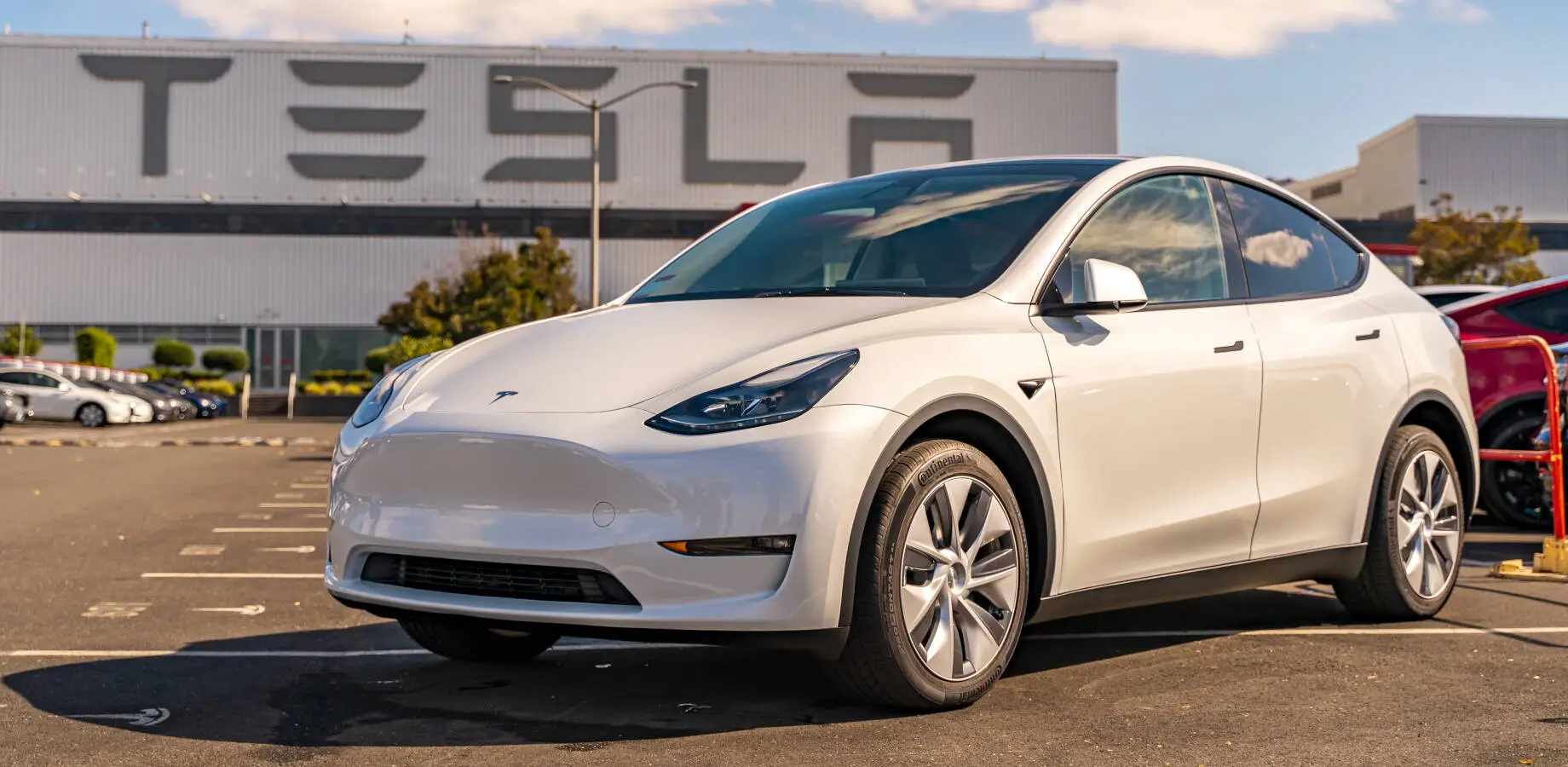Tesla loses EV market dominance, falls below 50% in US
Tesla loses EV market dominance, falls below 50% in US

www.theregister.com
Tesla loses EV market dominance, falls below 50% in US

Tesla loses EV market dominance, falls below 50% in US

Tesla loses EV market dominance, falls below 50% in US
